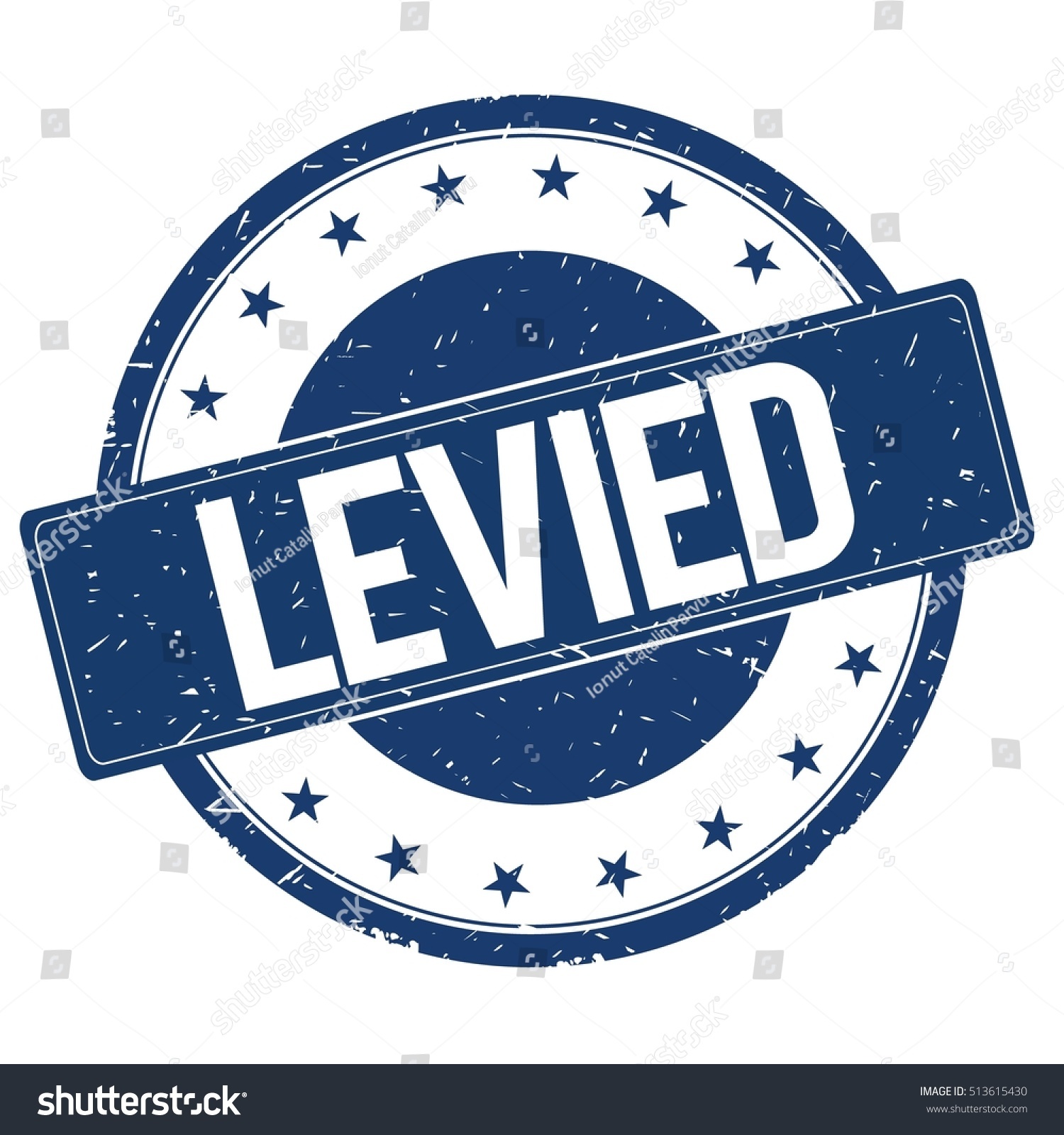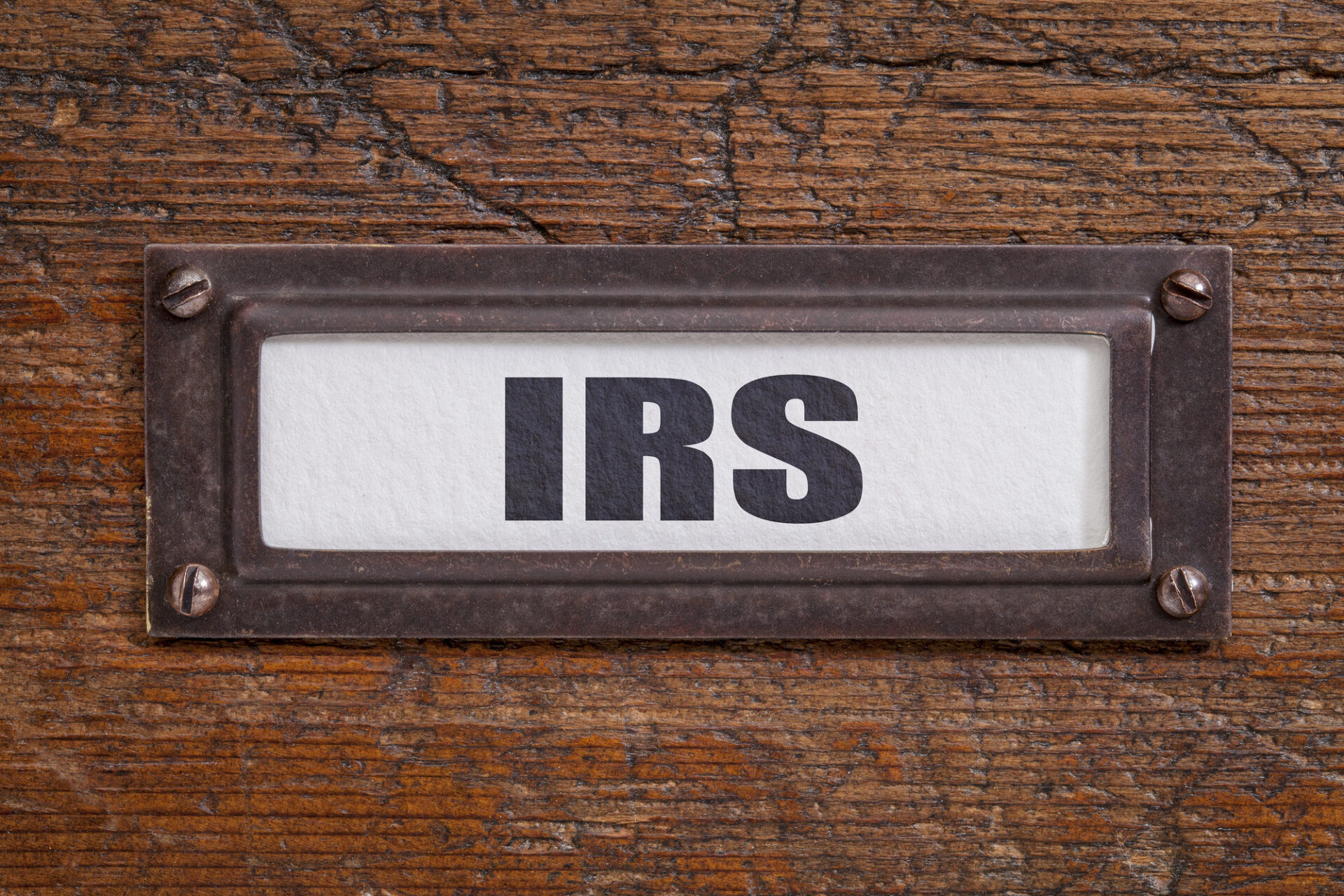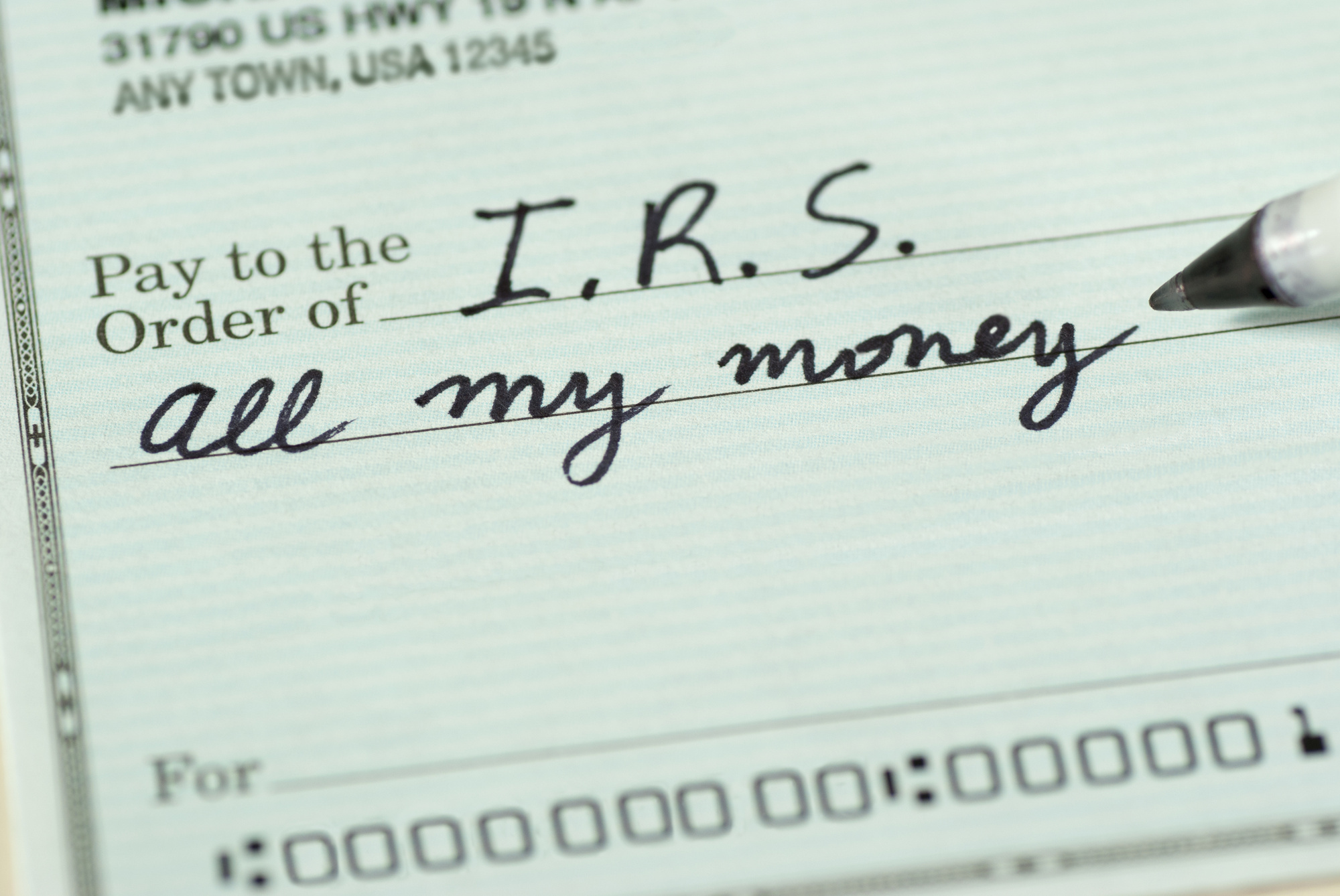
100+ Years of Combined Tax Resolution Experience.
100+ Years of Combined Tax Resolution Experience.
When you owe money to the IRS, they can use collection tools, such as bank levies, in exceptional circumstances to collect overdue taxes – with sometimes devastating consequences.
But, what is a bank levy?
A bank levy is the strongest weapon that the IRS and other creditors can use to collect on your tax balances, as it freezes your access to the funds in your bank account without your consent.
Along with cutting you off from your funds, the IRS can also seize and sell other real estate that you own against your will – not to mention vehicles and any other personal property that you own (even a property that is yours but is held by someone else).
Read on to learn how a bank levy works – and how to stop an irs bank levy.
A bank levy allows the IRS to seize funds from your bank account to resolve a tax balance.
When you get a bank levy, the funds in your bank account will be frozen, and your bank must send that money to the IRS to pay off your tax liability.
It is important to note that IRS levies allow the IRS to legally seize your property as compensation for your tax liability. Prior to seizing your assets, the IRS will send you an intent to levy notice to inform you.
Table of Contents
Who Can Issue a Bank Levy?
Bank levies are issued by creditors, including but not limited to:
- The IRS
- Private creditors, such as bank lenders, mortgage lenders, credit companies, etc.
- Department of Education for student loans
- Child support recipients
If you do not dispute a levy, the IRS can legally take all of the funds in your account. This compensation may impact your ability to pay basic day-to-day expenses. Additionally, your checks may bounce and you might end up having to pay late fees, as well as pay the bank for processing the bank levy.
With that in mind, there are certain federal funds that are usually exempt from bank levies.
How to Stop a Bank Levy on Your Bank Account
When an individual files for bankruptcy, all creditors must legally stop all efforts to collect the balance temporarily until bankruptcy terms can be negotiated.
If a bank levy is issued, the bank must freeze the funds in your account before they are sent to the IRS. In order to retrieve these funds, you must either pay your balance in full or make alternative arrangements with the IRS.
[Request a Free Consultation with a Dedicated Tax Attorney]
Payment Agreements with the IRS
You can stop a bank levy by entering into a payment plan agreement with the IRS.
The IRS offers several repayment plan agreement options, including:
- Short Term Payment Plans
This type of payment arrangement is appropriate if you need 120 days or less to pay your taxes. Taxes can be paid by checks, automatic withdrawals, money orders, as well as debit or credits cards. The only extra fees that are added are penalties and interest, which accrue until the balance is fully paid. - Long Term Payment Plans
A long term payment arrangement can be applied if you need more than 120 days to pay off your balance. When you enter this plan, you must pay an application set up fee. As with the short-term payment plan, your must pay your balance in full, as well as any penalties and interest that accrues. - Request an Offer in Compromise (OIC). An OIC is a negotiated settlement between you and the IRS to repay less than what was initially owed. You are eligible for an OIC in the following circumstances:
• The IRS believes they will be unable to collect the taxes owed, or
• The IRS believes the amount you owe is not correct, or
• The taxes owed will cause you financial hardship
Suppose the levy creates a financial hardship that does not allow you to meet your necessary, reasonable living expenses. After providing the IRS with the required financial information, they may agree to have your levy released. However, you are still required to pay off your balance.
Get Professional Legal Tax Help To Stop IRS Bank Levy
The worst thing you can do when faced with a bank levy is nothing. Trying to battle the IRS alone is stressful and difficult. If the IRS has issued a bank levy on your assets, it is vital that you seek legal tax help from tax professionals who are well-versed in tax laws.
With over 100 years of combined experience in the tax industry, Polston’s Tax professionals have the skills and knowledge to fully protect you and your assets from the IRS, in the event of a bank levy.
We will negotiate with the IRS on your behalf for the best resolution for your unique financial situation, including getting a bank levy release and resolving your tax problems once and for all. Don’t combat tax liability alone – contact a Polston Tax Attorney for a free consultation today!
Additional Resources on Bank Levies
Additional Readings

Here’s part 2 of our series on some of the most common problems our clients bring to us. Read part 1 here, and stay tuned for the next installment.

According to the latest IRS tax data, 14 million taxpayers owe the federal government around $131 billion in taxes and penalties. The IRS uses a variety of methods to resolve these tax disputes, but a levy is one of the most extreme methods. A levy can make day-to-day living almost impossible. As such, it’s crucial...

When you owe money to the IRS, they can use collection tools, such as bank levies, in exceptional circumstances to collect overdue taxes – with sometimes devastating consequences. But, what is a bank levy? A bank levy is the strongest weapon that the IRS and other creditors can use to collect on your tax balances,...

Have you received a Notice of Intent to Levy, and you are unsure of the next steps? If you have unresolved tax issues and keep receiving letters from the IRS, you aren’t alone. In 2019, the Internal Revenue Service issued 780,000 notices of levy to settle unpaid tax balances. If you currently face an IRS...

We’re in an era in which more small businesses are launching like wildfire. Many people find starting a small business of their own as easy as a piece of cake. However, most of the time, what they fail to prioritize are some of the major players involved in smoothly operating their small business. A...

Do you know why most married taxpayers go for filing joint tax returns? It’s actually because of the benefits that it offers. But with joint tax returns, both the filers hold the responsibility for the tax bill or any penalties and interest that arise from it. Both are legally responsible for the entire liability, even...


